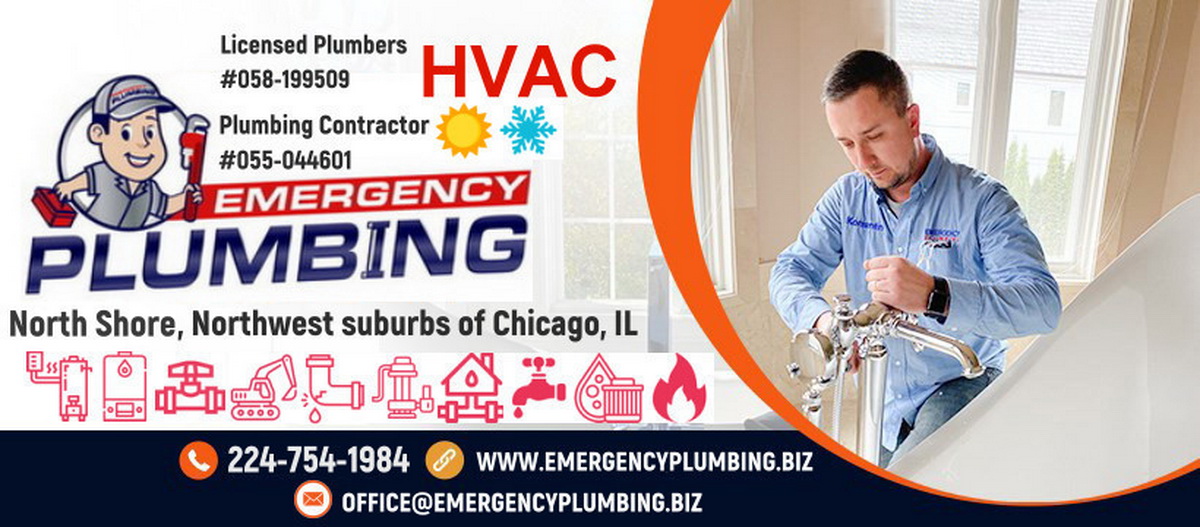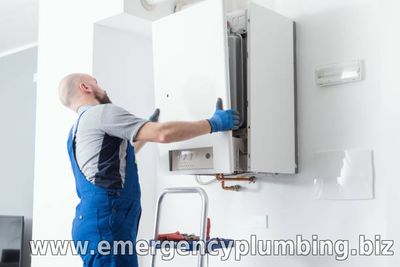Pros and cons of tankless water heaters |
On-demand water heaters, also known as tankless water heaters, have gained popularity due to their efficiency and space-saving design.
Here's a breakdown of their pros and cons:
Pros:
1.**Energy Efficiency**: On-demand water heaters are generally more energy-efficient than traditional tank models. They heat water only when it's needed, reducing energy waste associated with maintaining a constant temperature in a large tank.
2. **Continuous Hot Water Supply**: They provide a continuous supply of hot water, which is ideal for families or situations where hot water is in high demand. 3. **Longevity**: Tankless water heaters typically have a longer lifespan compared to traditional tank heaters. They can last up to 20 years or more with proper maintenance, whereas tank heaters usually last about 10-15 years.
4. **Space Saving**: Their compact size saves valuable space in your home. They can be mounted on a wall and don't require a large floor space for a tank.
5. **Reduced Risk of Leaks and Water Damage**: Without a tank, the risk of large-scale leaks and water damage is significantly lowered.
6. **Potentially Lower Long-Term Costs**: While the upfront cost is higher, the energy savings over time can make up for the initial investment.
Cons:
1. **Higher Initial Cost**: The upfront cost for purchasing and installing an on-demand water heater is typically higher than that of a traditional tank heater. 2. **Limited Output for Simultaneous Use**: They may struggle to supply enough hot water for multiple uses at the same time, like running the dishwasher and taking a shower. 3. **Retrofitting Costs**: In some cases, existing plumbing and electrical systems may need to be upgraded to accommodate a tankless system, adding to the initial cost. 4. **Inconsistency in Temperature**: Some users report experiencing a “cold water sandwich” effect, where the water turns cold briefly before heating up again. 5. **Slow Temperature Adjustment**: They may take longer to adjust to changes in the water flow rate or desired temperature settings. 6. **Dependence on Electrical Power**: For electric models, if there’s a power outage, there will be no hot water.
On-demand water heaters are an efficient and space-saving option that can offer long-term savings and convenience. However, they may not be ideal for every situation due to their higher upfront costs, potential for limited hot water supply in high-demand scenarios, and the need for possible plumbing or electrical upgrades. It's important to assess your household's specific needs and consult with a professional to determine if a tankless water heater is the right choice for you. Thinking about installing tankless water heater? Call Emergency Plumbing you local trusted "plumber near me".
|


Comments
Post a Comment